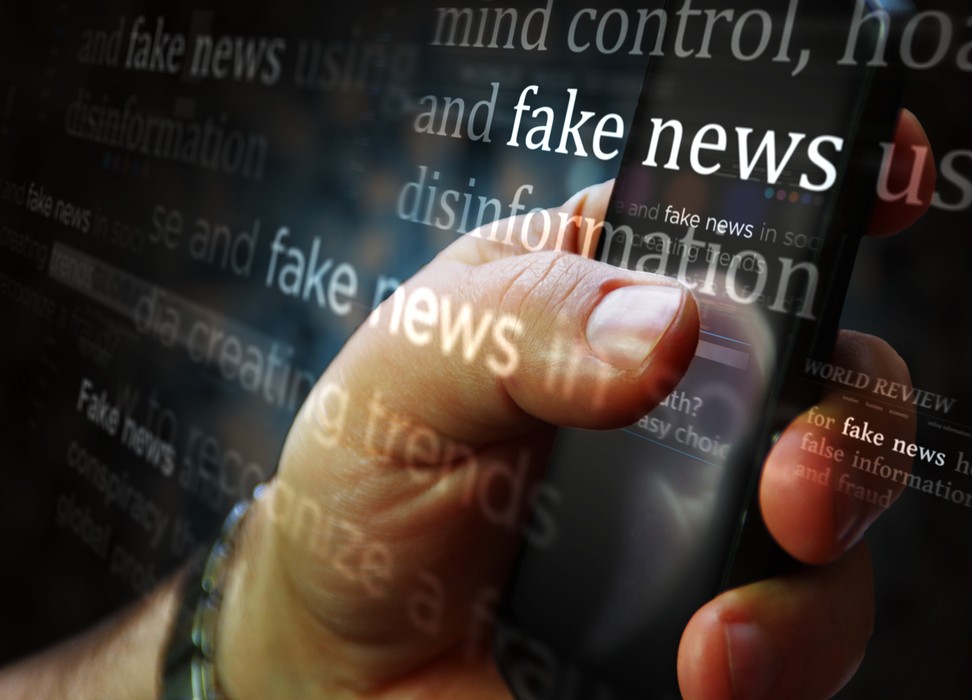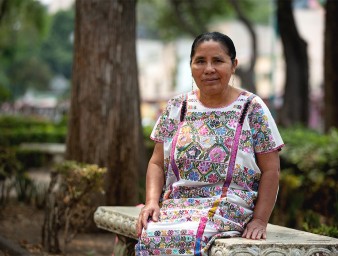Freedom of expression is key to countering disinformation
03 November 2022

Disinformation is by no means a new concern, yet a recent report of the UN Secretary-General aims to address the phenomenon of disinformation in the context of new and rapidly evolving communications landscape, due to innovative technologies, which have enabled the dissemination of unparalleled volumes of content at unprecedented speeds.
“Disinformation comes in different forms, this includes targeted operations by states, state officials, conspiracy fed theories about health policies and vaccines, smear campaigns to undermine specific groups and persons and many others,” said Assistant Secretary General for Human Rights, Ilze Brands-Kehris, while presenting the Secretary-General’s report to the General Assembly.
The report states that navigating the modern media landscapes and ensuring it advances, rather than undermines, human rights, international peace and security is a key challenge of the digital age.
A major challenge posed by disinformation is its lack of definition said Agustina Del Campo, Director of the Center for Studies on Freedom of Expression and Access to Information (CELE) and Vice-President of the Global Network Initiative (GNI).
“[It is] a broad term used to describe complex phenomena, for which there is no universally agreed definition,” she said.
In a high-level panel discussion held at the Human Rights Council earlier this year, participants stressed that the spread of disinformation can have a negative impact on societies, undermining a broad range of human rights. They noted that when disinformation threatens human rights, States have a duty to take appropriate steps to address these harmful impacts.
However, “disinformation should not become a pretext to intimidate and harass critical voices, denigrate opponents, justify censorship, or obstruct the legitimate activities of human rights defenders and the media to access and disseminate information,” said Brands-Kehris. “Responses to disinformation should be grounded in respect for freedom of expression,” she added while presenting the report to the General Assembly.
One way in which States can help reduce the risks associated with disinformation is by creating the conditions for human rights, pluralism and tolerance to flourish, the report states. The Special Rapporteur on freedom of opinion and expression, Irene Khan stressed that “if independent public interest media cannot survive – let alone thrive – disinformation will flourish, journalists will be further imperilled and societies’ right to information will be undermined.”
The report describes media and digital literacy initiatives to enhance the capacities of all stakeholders to identify, dispel and debunk false and misleading information as one tool to address disinformation.
States are central players in efforts to address the evolving challenges and impact posed by disinformation, yet other actors also have a critical role to play. Public officials have heightened responsibilities to avoid disseminating disinformation, companies should expand transparency around their policies and responses to disinformation and expand research access to data to support more evidence-based responses and regulations, Brands-Kehris stressed.
“Governments should work to build trust including through strengthening media space and information literacy, empowering individuals to identify, critically analyze and counter disinformation in an enabling environment to make their voices heard in debates and decision-making,” Brands-Kehris said.



